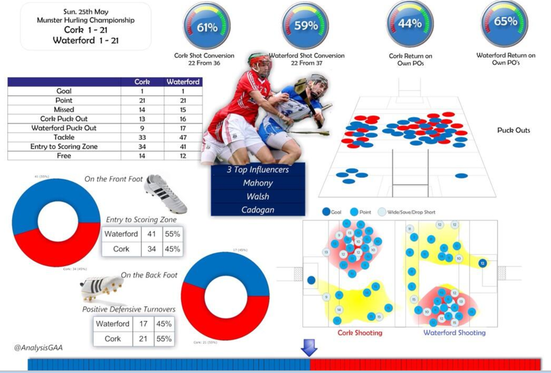Romer's thinking about the crossover between performance assessment in sport, and that in the study of economics, is discussed by David Warsh in his book Knowledge and The Wealth of Nations. Romer believes that students need a coach, and that as a coach what he "needed was the equivalent of a stopwatch, or a heart-rate monitor - some way of gauging their performance and discovering which areas needed work". As a result, Romer developed an online assessment system for students of economics that allows them to assess their knowledge and receive immediate feedback. Aplia is limited in its application and is far from providing a silver bullet for students of economics (see an evaluation of its potential here is a piece by Brendan Kennelly, Darragh Flannery and myself). However, Aplia and MyEconLab do provide another support mechanism in evaluating student performance and providing timely feedback.

As time passes, we can expect the the use of sporting statistics to increase. However, they are unlikely to prove a short-cut to success on the field. They can be a useful supplement to hard work rather than a substitute for it. In my experience, individuals who seek out new methods as a means of reducing their effort come unstuck. It is those that use new method to improve their performance that accumulate the benefits.
I hope that not too much time will pass before we can see further improvements in the assessment systems in academia.

 RSS Feed
RSS Feed